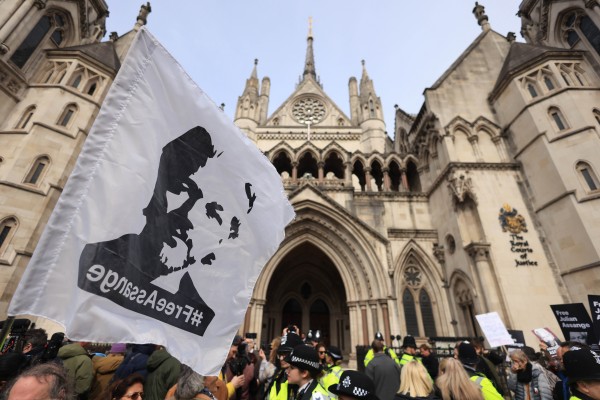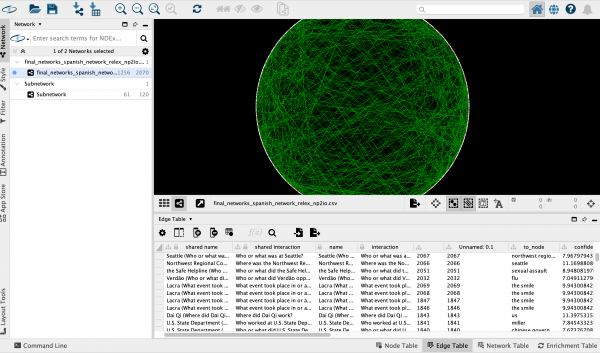A radio director was killed and a radio employee wounded after a gunmen stormed their station in Brazil’s Rondônia state on Saturday.
Claudio Moleiro de Souza is the sixth journalist to be killed in Brazil this year, according to the International Press Institute (IPI)’s Death Watch. That statistic makes Latin America’s largest country not only the region’s deadliest for the media, but also the seventh-deadliest country globally so far in 2013; only Syria, India, Pakistan, the Philippines, Somalia and Egypt have registered more killings.
According to news reports, Moleiro de Souza and the employee, Alberto Dutra Duran, were inside Radio Meridional when the former noticed an armed man approach on a motorcycle. The pair initially hid in the recording studio, but later emerged, wrongly believing that the intruder had left. Moleiro de Sourza was shot fatally in the neck and Duran was hit in the arm.
Police, having apparently rejected robbery as a possible motive, said the incident appeared to be a targeted attack on Moleiro de Sourza. However, they did not give any further details as to why.
“We call upon local authorities to swiftly launch a comprehensive investigation and to bring those responsible to justice,” IPI Press Freedom Manager Barbara Trionfi said. “We extend our condolences to Radio Meridonal and the family of Claudio Moleiro de Souza and we wish Mr. Duran a speedy recovery.”
She added: “Brazil is experiencing a deeply disturbing rise in fatal violence against journalists, which has been met with an inadequate response by the federal government in particular.”
Particularly in Brazil’s rural and border areas, a lack of effective investigations by state and local authorities has left it difficult to determine whether crimes against journalists, such as this one, were motivated by the victim’s profession or by a different reason. Additionally, while other countries beset by violence against the media, such as Mexico, have taken important, if yet unproven, steps to strengthen investigations and combat impunity, Brazil has done precious little.
For example, a bill (No. 1078/2011) that would allow the federal police to intervene in investigations into crimes against journalists in which there has been an “omission or inefficiency” on the part of state authorities was introduced in Brazil’s Chamber of Deputies in 2011. But it has since remained stuck in the Commission for Public Security and Combating Organised Crime. As in Mexico, local authorities in Brazil are often a significant hurdle to conducting transparent investigations.
The Brazilian Association of Television and Radio Broadcasters (ABERT) said yesterday that the number of acts of aggression against journalists or vandalism of media property in the country had risen by 166 percent within the past year, as compared to the period spanning Oct. 2011 to Oct. 2012.


